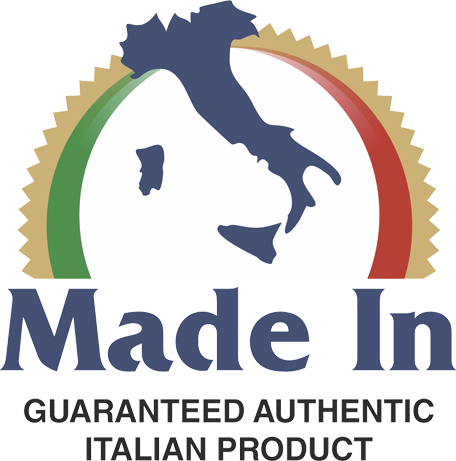
“Made in Italy” is a brand recognized all over the world, synonymous with quality, style and craftsmanship. But what is behind such a prestigious label? The importance of “Made in Italy” certification is a key element that guarantees the authenticity and excellence of Italian products. In this article, we will explore in detail the crucial role of “Made in Italy” certification and how it protects and promotes the country’s cultural and commercial heritage.
1. Guarantee of Authenticity:
One of the most important functions of “Made in Italy” certification is to guarantee the authenticity of products. This mark assures consumers that an item was actually produced in Italy, following the country’s traditions and quality standards. This helps prevent counterfeiting and imitation, providing consumers with the confidence that they are buying a genuine product.
2. Protection of Traditional Craftsmanship:
Italy is famous for its handicraft traditions, ranging from fashion to furniture, from food to automobile manufacturing. “Made in Italy” certification protects these traditions, encouraging local production and the preservation of craft skills that have been passed down from generation to generation.
3. Support for the Local Economy:
“Made in Italy” certification is not only a matter of prestige; it is also a concrete support to the Italian economy. Purchasing certified products contributes to the support of local businesses, job retention and economic growth in the country. This has a positive impact on the well-being of Italian communities.
4. International Prestige:
“Made in Italy” products with certification enjoy international prestige. This quality status translates into greater demand in global markets, increasing export opportunities and promoting Italy as a leader in the production of high-quality products.
5. Preservation of Traditions and Culture:
“Made in Italy” certification is also a form of preservation of Italian traditions and culture. Each product represents a part of the country’s cultural heritage, from fashion to typical foods and wines. This certification protects these traditions, helping to keep them alive and share them with the rest of the world.
6. Conclusions
The “Made in Italy” certification is not just a label; it is a commitment to quality, authenticity and tradition. This mark of excellence represents Italy’s pride in its cultural heritage and high-quality craftsmanship. The next time you choose a “Made in Italy” product with this certification, remember that you are supporting authenticity, the local economy and Italian culture. It is more than a label; it is a symbol of excellence that represents the best that Italy has to offer the world.


